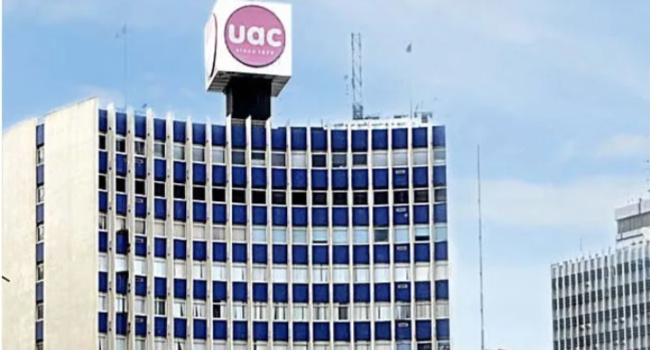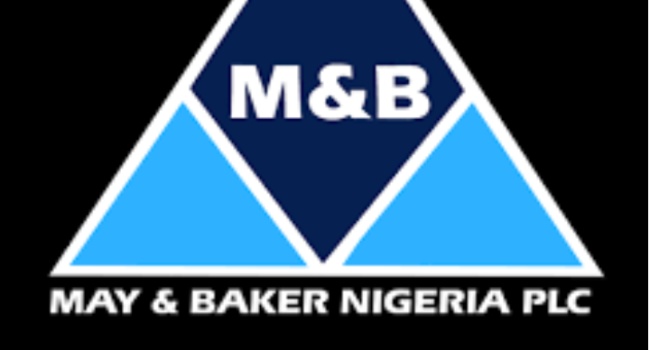Nigeria’s inflation rate hit 19.64% in July, as prices of foods drive skyrocket during the same months, reflecting the Central Bank of Nigeria’s (CBN) policy to tame the growth has began to have effect.
According to the new Consumer Price Index (CPI) report for July 2022, released by the National Bureau of Statistics (NBS), inflation rate was up from 18.6% in June to 19.64% at the end of last month.
Join our WhatsApp ChannelThis is the highest rate since September 2005, when inflation was at a level of 24.32%, and this is thanks to rising cost of bread and cereals, food products, potatoes, yam and other tubers, meat, fish, oil, as well as fat.
NBS data showed that food inflation soared to 22.02% in July 2022, in contrast to the 20.6% a month before, indicating a rise in cost of living within the country.
In terms of area inflation rate, rural inflation rate moved upward to 19.22% last month, surpassing the 16.75% recorded during the same period of 2021, while NBS reported urban inflation was 20.09% in July 2022, in contrast to the 18.01% recorded in July 2021.
Nigeria, like every other country in the world, has been struggling to keep inflation from rising, and has been recording historical rise in rate, prompting the Godwin Emefiele-led central bank to increase interest rate to 14% in July, from 13%.
This is expected to tame inflation growth in the longrun, but will raise prices of goods in the short term, as cost of borrowing will rise, forcing companies or persons to hike their prices for products and services in the short term.
In response, it will negatively impact customers’ purchasing power and reduce demands for goods. However, as time goes by, companies will be compelled to drop their prices due to drop in demand, resulting to inflation declining.

















Follow Us